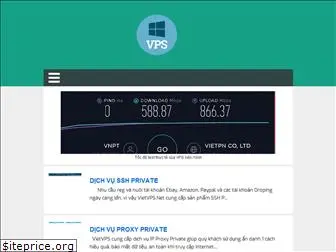

It can identify duplicate requests to reply from the cache, thus boosting performance by eliminating unnecessary resource-consuming operations.

Meanwhile, the HTTP protocol is a faster solution for leaving out any irrelevant data outside of HTTP, great for users who want to save a lot of time. The SOCKS5 proxy is better for acquiring raw, unfiltered data that you wish to process manually. However, the most significant difference is that the HTTP proxy carefully inspects and filters the network traffic to only process requests made by the HTTP protocol. SOCKS5 vs HTTP: What’s the difference?Īn HTTP proxy works similarly to SOCKS5 when it comes to creating outbound TCP connections and gaining access to servers beyond the firewall. Further, it doesn’t attempt to analyze and filter the traffic, making it ideal for clients who cannot pass through firewalls to reach TCP servers under normal circumstances. Subsequently, SOCKS5 conceals your IP address and ensures that it cannot be associated with your browsing activities. The proxy forms a tunnel between the client and SOCKS5 server for carrying network traffic. Thanks to this, SOCKS5 is thought out to be the most versatile server protocol. What Version 5 does is integrate security features and UDP support. It’s compatible with any network protocol and port, including TCP, UDP, IPv6, FTP, HTTP, SMTP, Telnet, SSH, DNS, POP3, and IMAP. Then it directs all traffic exchanged between the client and server. How it worksĪcting on behalf of the client, a SOCKS server sets up a general-purpose connection to another server via TCP. Additionally, the protocol doesn’t run through every application, so you have to be careful with the Internet-enabled tools that aren’t connected via SOCKS5 since they will keep distributing your real IP address.

Your IP address will be hidden, but all other information such as location will still be exposed.
Socksescort tren vps free#
But SOCKS5 is at the top of the chain of free proxies, thanks to supported authentication.Īlthough it’s safer to use than others, SOCKS5 cannot encrypt the network traffic as VPNs. In a previous article, we argued against using free proxies. Because it adds authentication, only users who pass the authorization stage gain access to the proxy server.Ĭonnecting to the online environment through a SOCKS5 proxy is useful for getting passed firewalls and masking your IP address. It’s a proxy implementation that supersedes SOCKS and SOCKS4. SOCKS5 is an Internet protocol like HTTP, SSL or FTP, which was approved by the Internet Engineering Task Force (IETF) in 1996. Backup measure in case of VPN connection drops.Here’s a glimpse of what you get (click to jump to topic): But we’re taking them apart in this article to find out the pros and cons of each method.

The main difference between the two is that SOCKS5 offers enhanced Internet speed while VPN provides you with better security. Making a choice between a SOCKS5 proxy and a VPN service depends on what you want to do with it. In this article, we’re closely examining the two to find out what they bring to the table and which is better for browsing the Internet, accessing streaming services, and downloading or uploading torrents. The SOCKS5 proxy often pops up when discussing Internet circumvention tools.


 0 kommentar(er)
0 kommentar(er)
